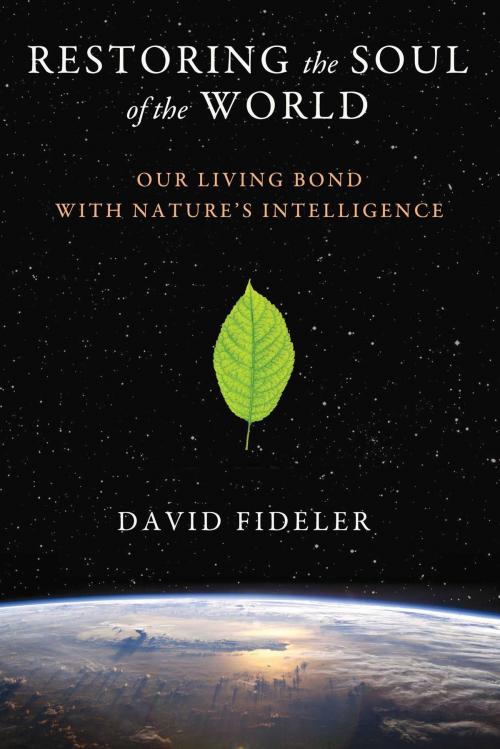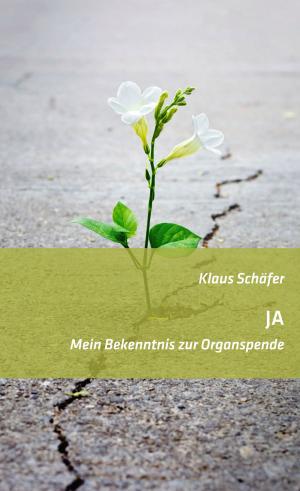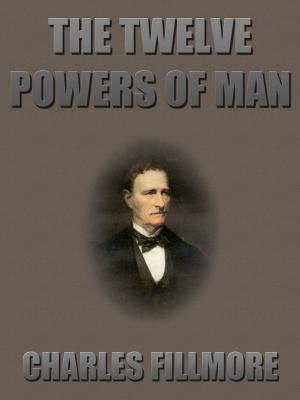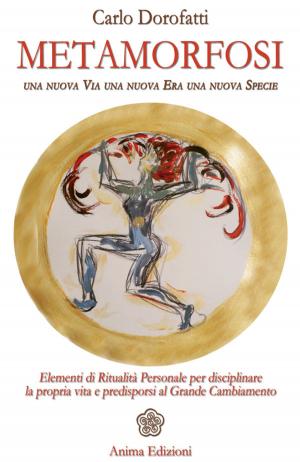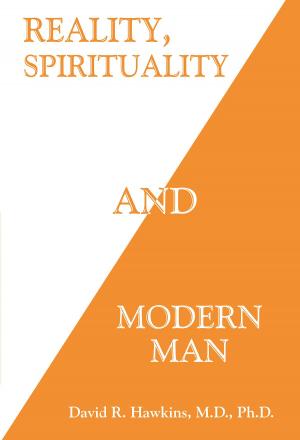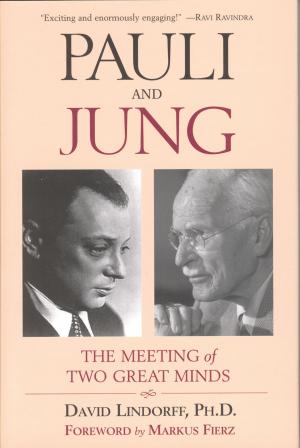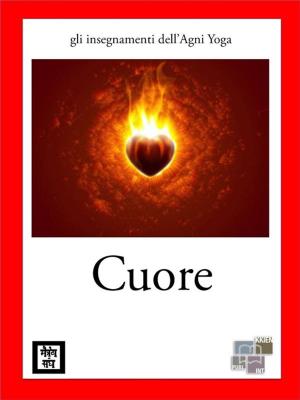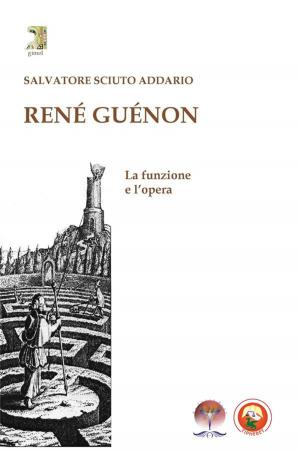Restoring the Soul of the World
Our Living Bond with Nature's Intelligence
Nonfiction, Religion & Spirituality, Occult, Occultism, New Age, New Thought| Author: | David Fideler | ISBN: | 9781620553602 |
| Publisher: | Inner Traditions/Bear & Company | Publication: | November 20, 2014 |
| Imprint: | Inner Traditions | Language: | English |
| Author: | David Fideler |
| ISBN: | 9781620553602 |
| Publisher: | Inner Traditions/Bear & Company |
| Publication: | November 20, 2014 |
| Imprint: | Inner Traditions |
| Language: | English |
Humanity’s creative role within the living pattern of nature
• Explores important scientific discoveries that reveal the self-organizing intelligence at the heart of nature
• Examines the idea of a living cosmos from its roots in the earliest cultures, to its eclipse during the Scientific Revolution, to its return today
• Reveals ways to reengage our creative partnership with nature and collaborate with nature’s intelligence
For millennia the world was seen as a creative, interconnected web of life, constantly growing, developing, and restoring itself. But with the arrival of the Scientific Revolution in the 16th and 17th centuries, the world was viewed as a lifeless, clocklike mechanism, bound by the laws of classical physics. Intelligence was a trait ascribed solely to human beings, and thus humanity was viewed as superior to and separate from nature. Today new scientific discoveries are reviving the ancient philosophy of a living, interconnected cosmos, and humanity is learning from and collaborating with nature’s intelligence in new, life-enhancing ways, from ecological design to biomimicry.
Drawing upon the most important scientific discoveries of recent times, David Fideler explores the self-organizing intelligence at the heart of nature and humanity’s place in the cosmic pattern. He examines the ancient vision of the living cosmos from its roots in the “world soul” of the Greeks and the alchemical tradition, to its eclipse during the Scientific Revolution, to its return today. He explains how the mechanistic worldview led to humanity’s profound sense of alienation, for if the universe only functioned as a machine, there was no longer any room for genuine creativity or spontaneity. He shows how this isn’t the case and how, even at the molecular level, natural systems engage in self-organization, self-preservation, and creative problem solving, mirroring the ancient idea of a creative intelligence that exists deep within the heart of nature.
Revealing new connections between science, religion, and culture, Fideler explores how to reengage our creative partnership with nature and new ways to collaborate with nature’s intelligence.
Humanity’s creative role within the living pattern of nature
• Explores important scientific discoveries that reveal the self-organizing intelligence at the heart of nature
• Examines the idea of a living cosmos from its roots in the earliest cultures, to its eclipse during the Scientific Revolution, to its return today
• Reveals ways to reengage our creative partnership with nature and collaborate with nature’s intelligence
For millennia the world was seen as a creative, interconnected web of life, constantly growing, developing, and restoring itself. But with the arrival of the Scientific Revolution in the 16th and 17th centuries, the world was viewed as a lifeless, clocklike mechanism, bound by the laws of classical physics. Intelligence was a trait ascribed solely to human beings, and thus humanity was viewed as superior to and separate from nature. Today new scientific discoveries are reviving the ancient philosophy of a living, interconnected cosmos, and humanity is learning from and collaborating with nature’s intelligence in new, life-enhancing ways, from ecological design to biomimicry.
Drawing upon the most important scientific discoveries of recent times, David Fideler explores the self-organizing intelligence at the heart of nature and humanity’s place in the cosmic pattern. He examines the ancient vision of the living cosmos from its roots in the “world soul” of the Greeks and the alchemical tradition, to its eclipse during the Scientific Revolution, to its return today. He explains how the mechanistic worldview led to humanity’s profound sense of alienation, for if the universe only functioned as a machine, there was no longer any room for genuine creativity or spontaneity. He shows how this isn’t the case and how, even at the molecular level, natural systems engage in self-organization, self-preservation, and creative problem solving, mirroring the ancient idea of a creative intelligence that exists deep within the heart of nature.
Revealing new connections between science, religion, and culture, Fideler explores how to reengage our creative partnership with nature and new ways to collaborate with nature’s intelligence.
